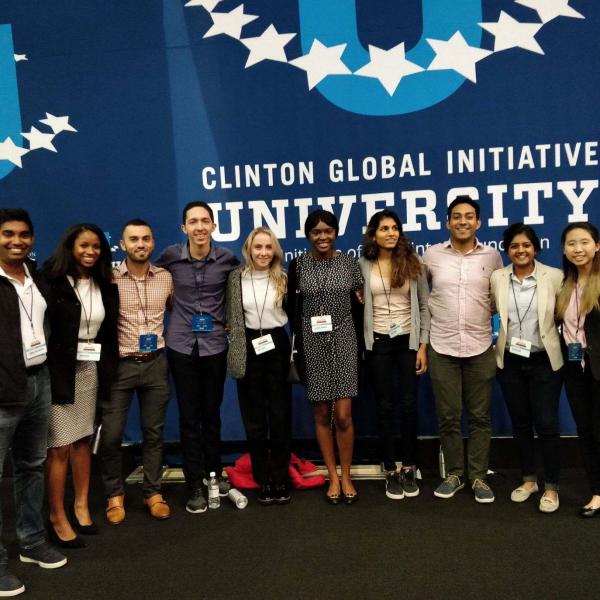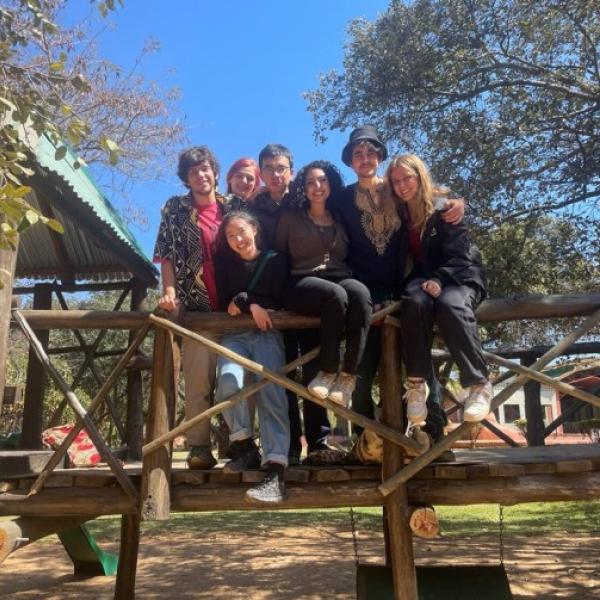Overview
Migrant workers are essential to the labor markets of high-income settler-colonial countries. Historically, many temporary labor migration programs have been characterized by depressed wages, poor working conditions, and limited access to rights, entitlements, and protections -- a dynamic shaped by racializing processes and colonial legacies. The first quarter of the 21st century, however, marks an apparent shift as prominent settler-colonial countries have embraced new 'international mobility programs' (IMPs). Emerging research reveals how new IMPs, devoid of vital regulatory protections, can foster precariousness; that is, despite prioritizing 'economic migrants,' these programs still allow for differential inclusion. There is a pressing need for investigation of the conditions and outcomes of IMPs alongside traditional temporary labor migration programs within the context of settler-colonial states. Through a multi-university partnership, Liberating Migrant Labor? seeks to address this knowledge gap through a partnership of engaged scholars and representatives of national government agencies, international organizations, public interest groups, and transnational networks with a focus on four settler-colonial countries: Aotearoa New Zealand, Australia, Canada, and the US. The partnership employs a multi-method, comparative approach to fulfil four goals: (1) tracing and connecting historical policy pathways of IMPs in each country; (2) documenting and comparing patterns and trends in size and composition of IMPs to identify analogues across countries under study; (3) establishing criteria for evaluating outcomes of mobility programs with a view to worker rights and protection; and (4) articulating principles for policy redesign, informed by transnational and Indigenous perspectives, meaningful to policy-makers and advocates, to establish fairer labor migration pathways and social relationships. - With Shannon Gleeson (in conjunction with Leah Vosko, who will be an ILR Visiting Scholar 2023-2024).






